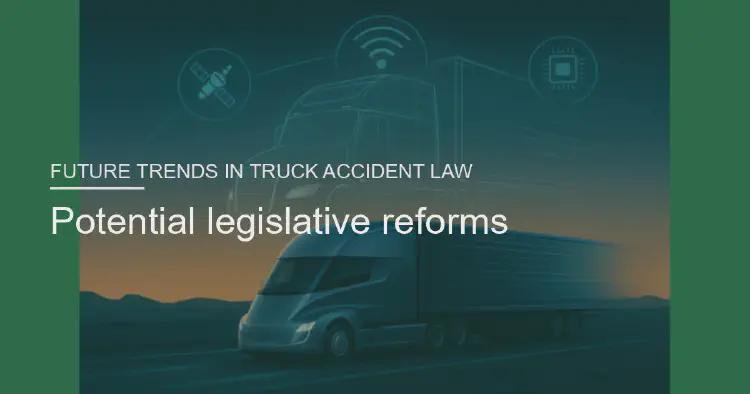
Potential legislative reforms
Lawmakers continue to explore new legislation addressing safety, technology, and accountability in the trucking industry. These reforms could significantly reshape liability and regulation in truck accident cases.

Lawmakers continue to explore new legislation addressing safety, technology, and accountability in the trucking industry. These reforms could significantly reshape liability and regulation in truck accident cases.
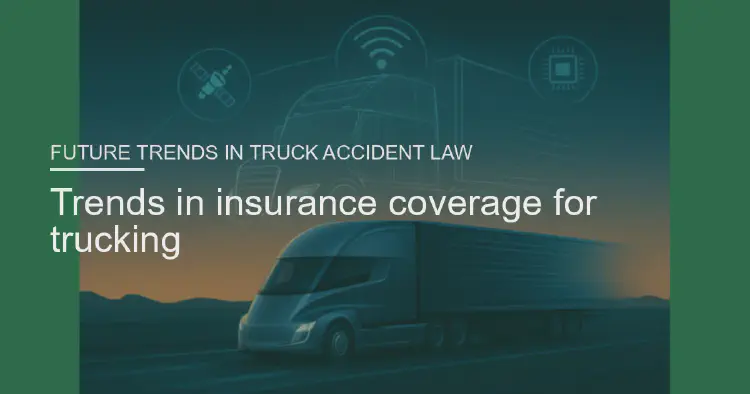
Insurance is central to truck accident litigation, and recent trends show rising costs, expanded coverage requirements, and evolving policies that affect both plaintiffs and defendants.
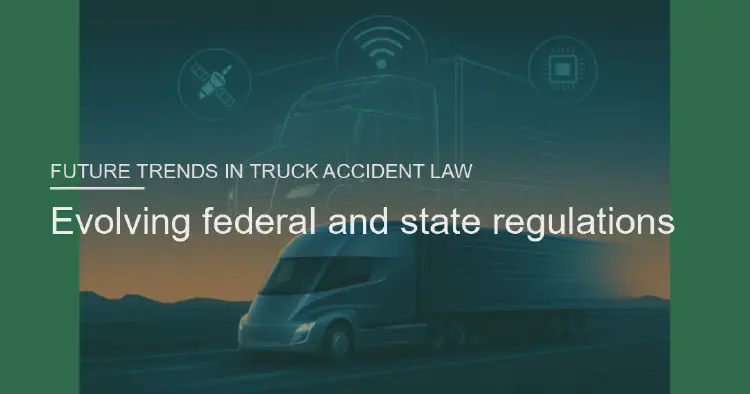
Trucking laws in the U.S. are shaped by both federal and state governments. As technology advances and safety concerns grow, regulations are evolving to address new challenges in the industry.
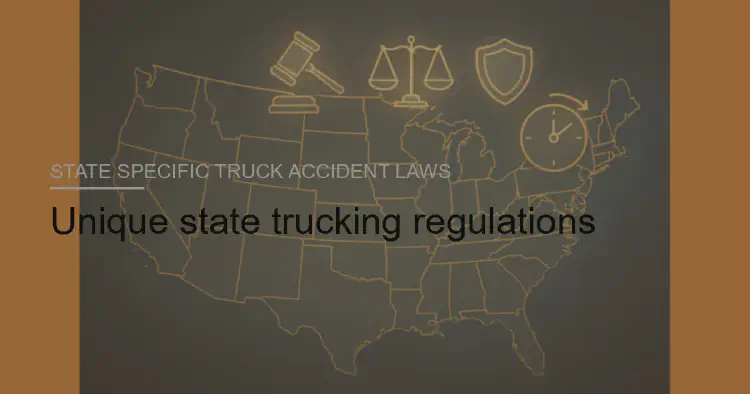
While federal rules under the FMCSA create a baseline for trucking operations, individual states impose additional regulations. These state-specific rules can significantly impact liability and compliance in truck accident cases.
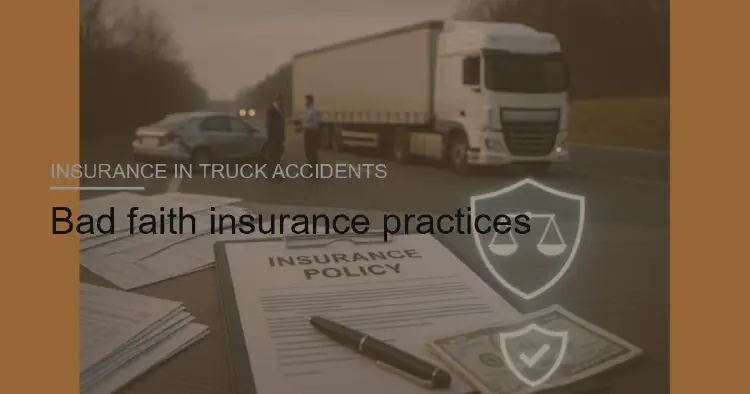
Insurance companies owe a duty of good faith and fair dealing when handling claims. When they deliberately act unfairly, delay payments, or deny valid claims, they may be guilty of bad faith practices.
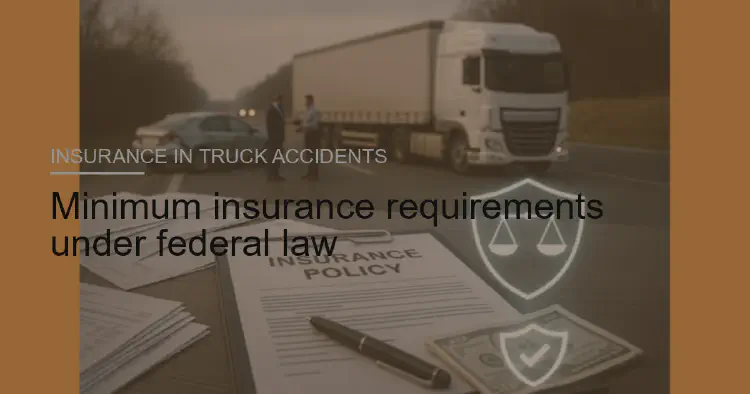
To ensure that victims of truck accidents can be compensated for damages, federal law mandates minimum levels of insurance coverage for all commercial carriers engaged in interstate commerce.